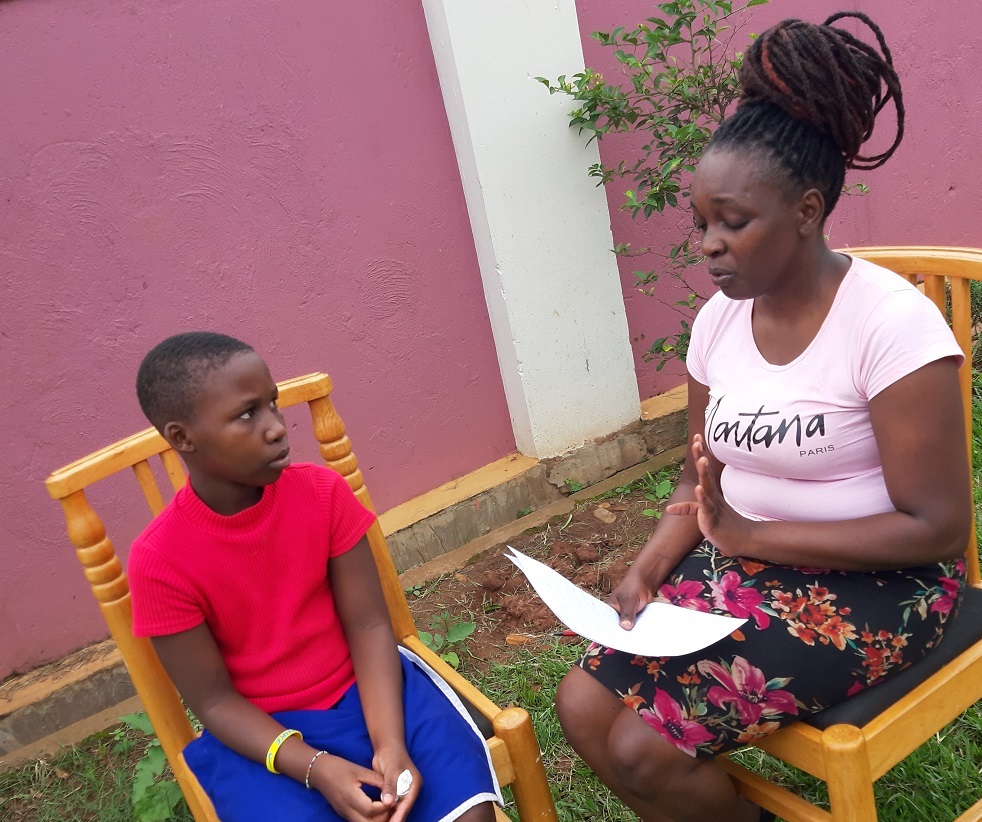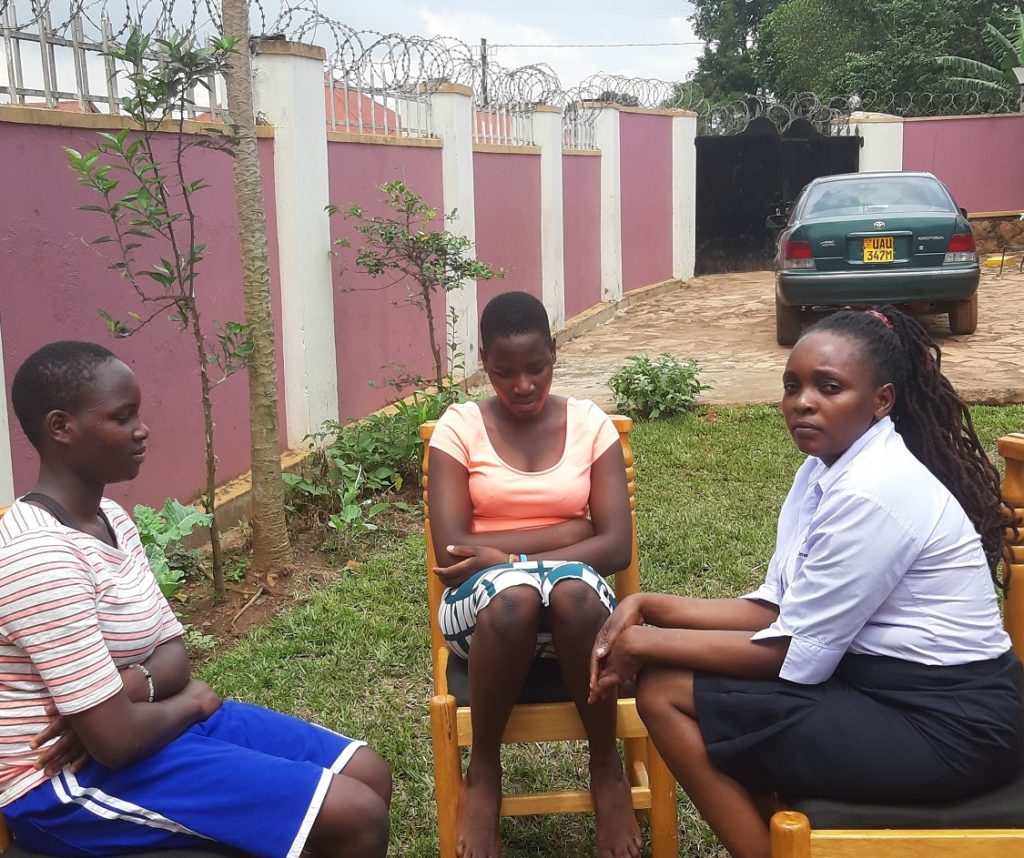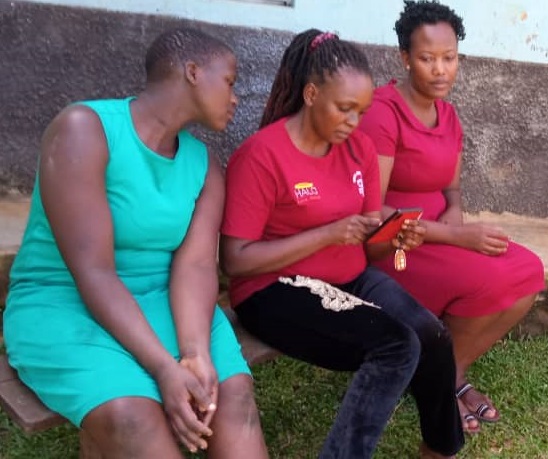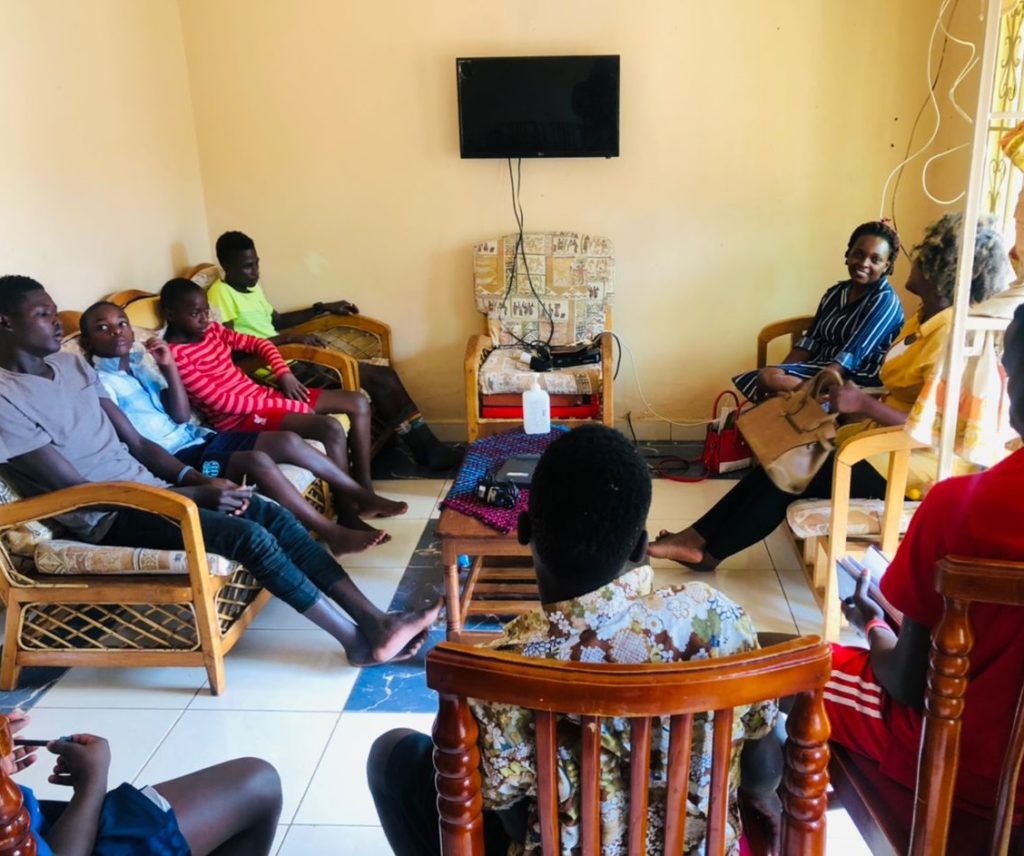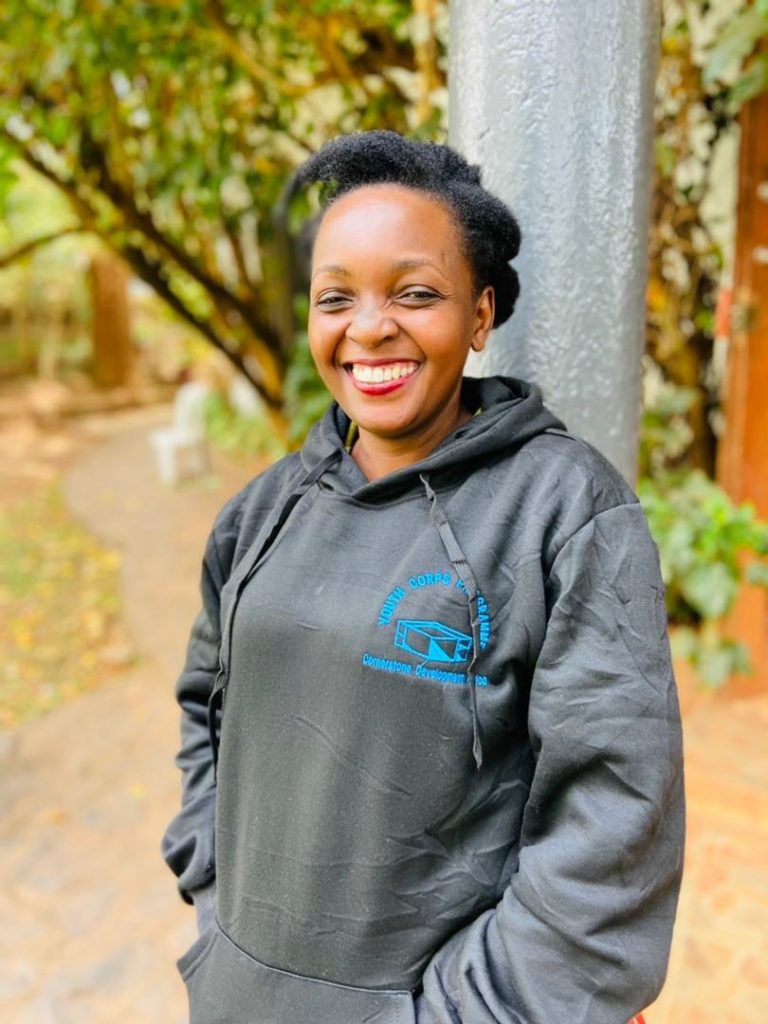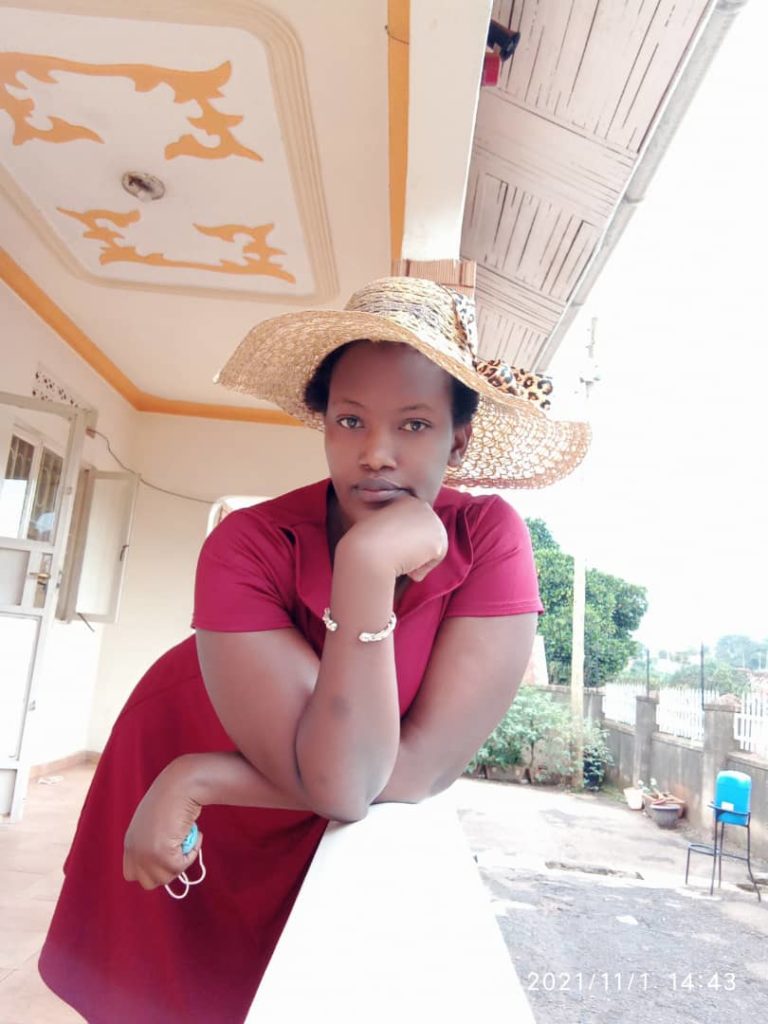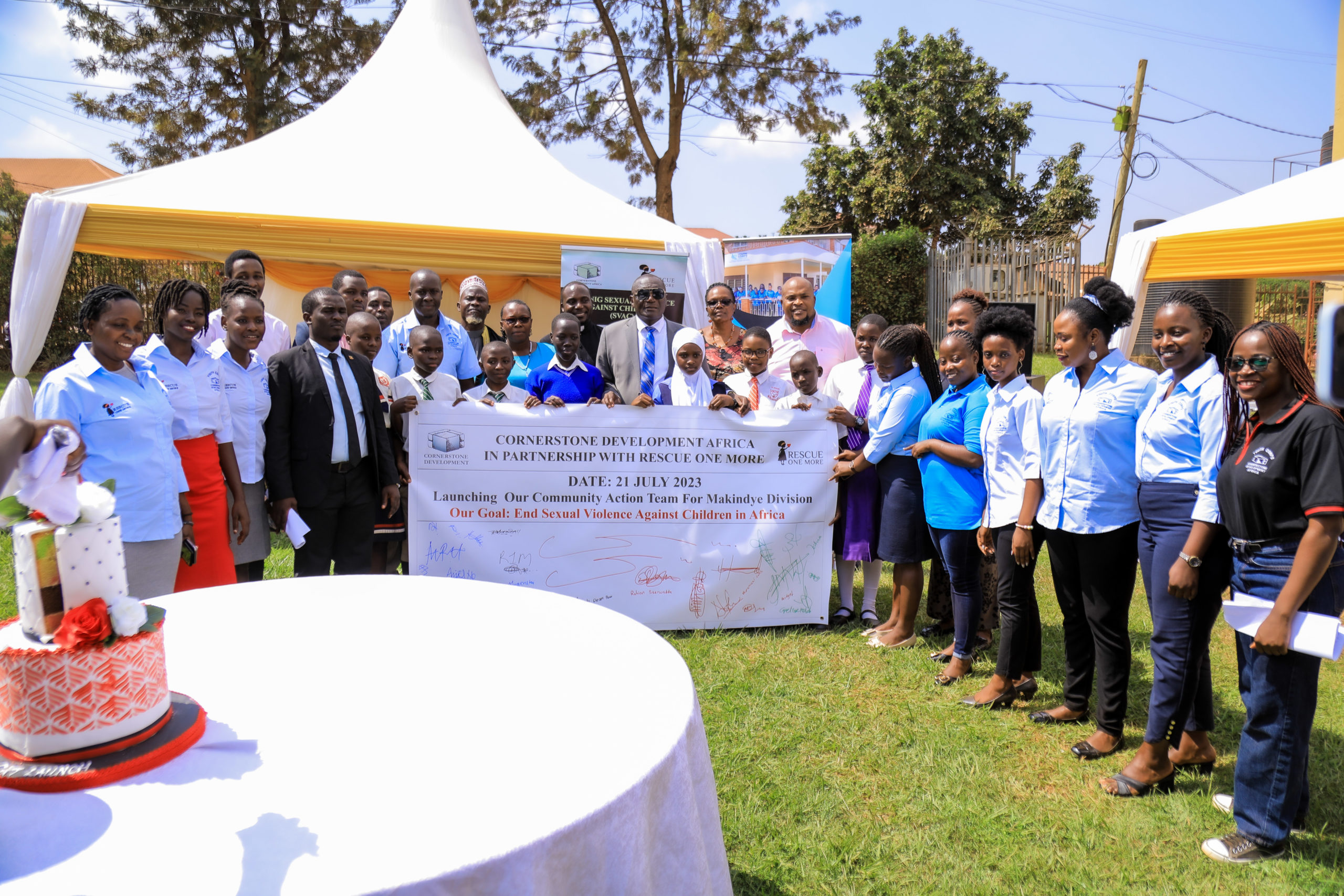Mental Health
Mental health is important at every stage of life, from childhood and adolescence through to adulthood. It includes our emmotional, psychological, and social well-being and affects how we think, feel, and act. It also helps determine how we handle stress, relate to others, and make choices.
Mental health in Youth Corps started in 2010 in HALO homes with one counselor (Jane) who offered psycho-social support to the boys in Kibuli boys’ home and
Lungujja girls’ home. Counseling services were offered to former street boys from around Kampala and sexually abused young girls, former prostitutes and children at risk of being sexually abused after recruitment into Kibuli and Lungujja homes respectively.
In 2013, Youth Corps enlarged with the support of LOVE DOES and another counselor (Morine) was employed to offer psycho-social support to the young girls who were recruited in two safe houses that is to say Bukoto and Kyambogo safe houses.
In many ways, this Psycho Social support has enhanced the clients’ ability to Cope with Life’s Stressors, increased on Positive Self-Images of our clients boosting not only their self-esteem but also their confidence. It has provided Healthier Relationships in Youth Corps department, better Productivity by helping to deal with depression or other mental health disorders
People have acknowledged counseling service and can now voluntarily seek help. Higher Quality of Life; Since mental well-being has thrived in the Youth Corps Department, the quality of life has improved. This has given room for greater participation in community building.
Our Services
- Individual counseling in both HALO and LOVE DOSE safe houses.
Here counselors go in the facilities and offer both individual and group counseling on a weekly basis. In individual sessions, counselors work with mentees and mentors to explore the children’s/youth’s feelings, beliefs, and behaviours, work through challenging or influential memories, identify aspects of their lives that they would like to change, better understand themselves and others, set personal goals, and work toward desired change.
- Group counseling in the facilities.
Counselors provide guidelines to help build a trusting environment in which clients can work together supportively and safely. We also help clients better understand themselves and their interactions with others. Sometimes clients and counselors come up with topics that later handled in group session to facilitate behavior change.
- Family therapies.
Here counselors do home visits to handle some of the identified cases in the individual session with the mentees in the facilities to foster a holistic recovery.
- Counseling trainings.
Counselors offer counseling trainings to mentors in the facilities, offer trainings to the parents for example on parenting styles and how to handle adolescents.
Our Counselors
Gallery
